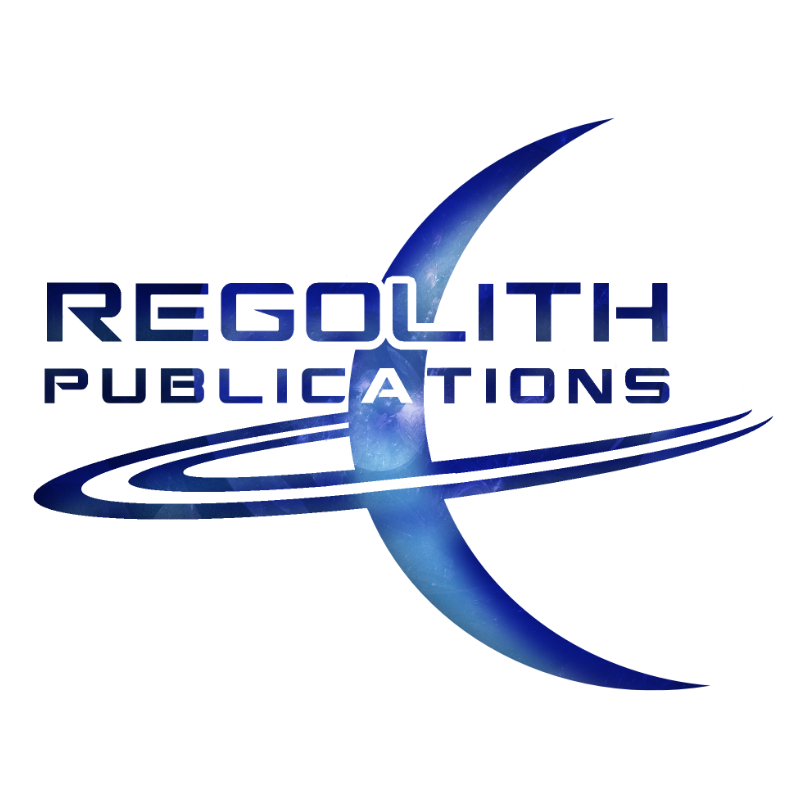|
I saw this video online and although I love the book they're promoting, I must strongly DISAGREE with their message about fairy tales.
I read my daughter the original fairy stories. You know, the original Cinderella, where the stepsisters cut off their own toes to cram their bleeding stubs into the tiny glass slippers. And when she says "Ew!" and asks me, "Why would they do that daddy?" I tell her the truth. "They're freeloaders who want a free ride. Don't be like them." "What about Cinderella, daddy?" "She's the worst offender," I tell her. "She's a freeloader and she's beautiful, so she gets away with it. Don't be like her either." That's how you get a rebel daughter. I do like the book they're advertising at the end though. But I disagree that reading fairy tale stories is unhealthy. Parents need to be smart enough to provide context. I still think it's important to read the original fairy stories. They are morality tales for a reason. Little Red Riding Hood or Rumplestilstkin all make just as much sense with a male protagonist. And so does Hansel and Gretel and many other fairy tales. In Little Red, a woodsman ultimately saves her, true. But the lesson she learns is not to talk to strangers, and that's a good message for any child. In Rumplestiltskin, the girl outsmarts the imp and wins the day. And in Hansel and Gretel, they don't learn anything except that adults can be extremely cruel, and even your own parents will sometimes try to kill you (especially the poor, destitute, and uneducated and all around crappy parents). If the witch doesn't succeed first. That said, fairy tales aren't for everyone. They're violent, dark, and yes--often have strong patriarchal undertones and overtones. There's no escaping the antiquity in which these stories were first created. But they are some of the first folklore humans ever told to one another, which is of some historical relevance, if not culturally profound. I think that to deprive children of such stories simply to tell them a story about how wonderful Beyonce is is, well, going to deprive the child of an otherwise amazing story by replacing it with the banal story of a woman who got rich shaking her booty. Yeah, yeah, she can sing too, but people will likely remember her for her booty. So, pick your battles carefully, but maybe pick your heroes & heroines more carefully too. That said, I have nothing against Beyonce. I listen to her with my daughter. She likes the fact that Beyonce cusses and uses strong language in her latest album. But Beyonce's life story is sort of like the princess stories these authors so decry. But I'm sure there are better stories int he book too. About real women heroes. And that's improtant to learn as well. But not at the expense of depriving a child of the wonder and magic of fairy tales. At the end of the day, I say: read them both. After all, we want educated rebels, not pampered princesses, right?
0 Comments
Good news, everyone!
Valandra: The Dragon Blade Cycle (Book 2) is available for pre-order right now! It's only $0.99 for the pre-order, but it will go back down to the regular price after the release week (coming April 21st). Pre-order and SAVE now! As an author, it's important to know what genre you're writing in, even if genre classification isn't important to you personally. The reason you need to keep up on genres is because they are very important for things like promotion, writing to market, hitting all the right beats by mimicking what makes that particular genre popular among fans, or else avoiding it entirely by creating something original. Either way you look at it, it's important to have a basic grasp of the mainstream genres out there. That doesn't mean you need to know every single genre before writing. Heck, I only learned about the sub-genre New Adult this year. And when I asked my editor if I should classify my novel as "NA" she asked, "What's that? Haven't heard of it." This has primarily to do with the fact that NA is a relatively new genre. Not only that, it didn't exist before 2009 and it's still flying under the radar of most trade publishers, only to be used mainly by Indie writers who were the first to crack this market niche. But it does help to know something about the difference between say and adult novel and a young adult novel. As such, I decided to adapt this handy dandy Wikipedia post on genre lists and write down the basics of genre classification in an easy to digest format. Hopefully it will be useful for those who, like me, need to pick a genre classification for their novels when submitting their meta-data for publication. Otherwise, it's just an interesting bit of history. NOTE: Genres and subgenres are organic and can change both in terms of their content as well as their relationship to other genres. Also, new genres and classifications are being created all of the time. So don't take things too literally, this is just a list meant to help ease things along. LITERARY vs. GENRE FICTIONLiterary fiction is a term used to distinguish certain fictional works that possess commonly held qualities to readers outside genre fiction. Literary fiction has been defined as any fiction that attempts to engage with one or more truths or questions, hence relevant to a broad scope of humanity as a form of expression. There are many sources that help readers find and define literary fiction and genre fiction. FICTION GENRESThe classic major genres of literature are: Subsets of genres, known as common genres, have developed from the archetypes of genres in written expression.
|
Tristan VickBy day I am an educator and a cultural ambassador. By night I entertain notions of being a literary master. In reality I am just a family man and ordinary guy who works hard and loves writing just about as much as I love my family. Just about. AVAILABLE NOWNEWSLETTER
|
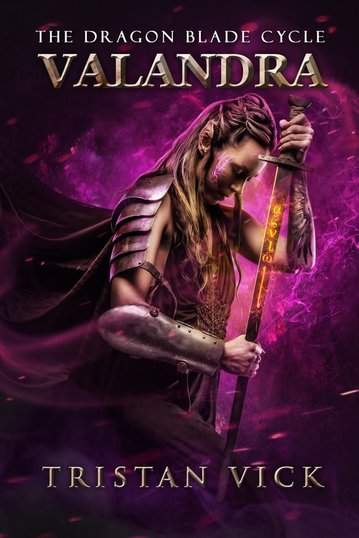
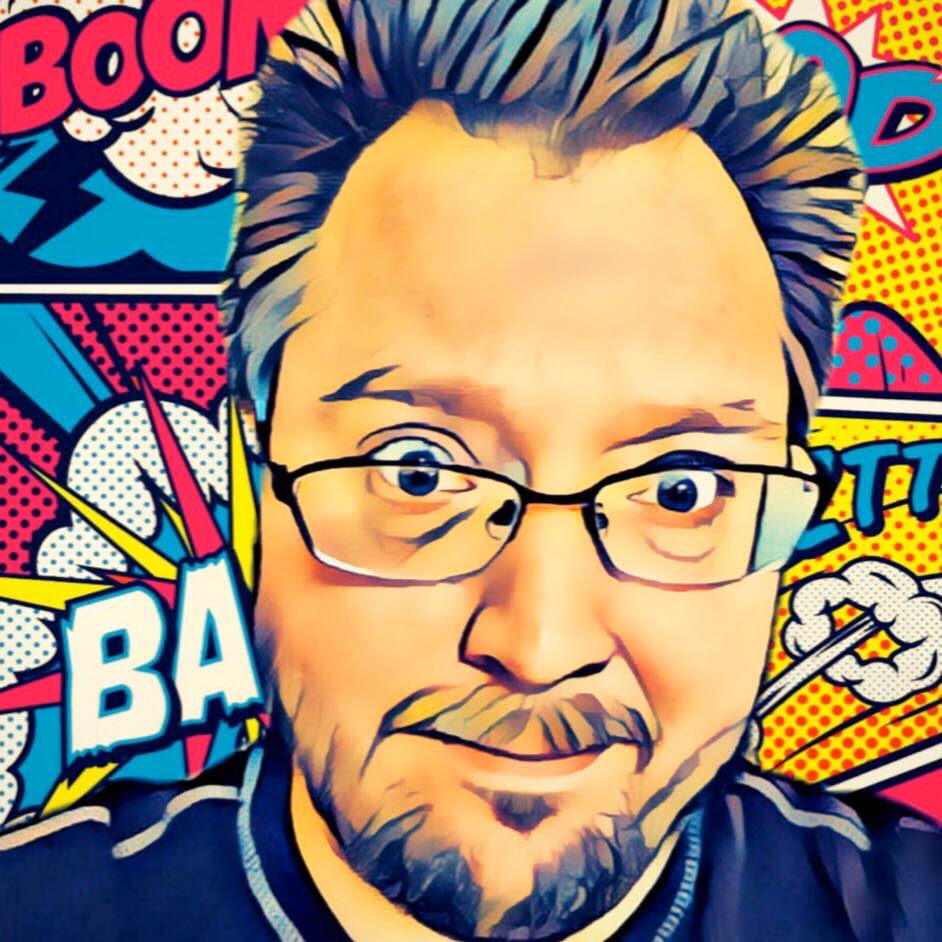
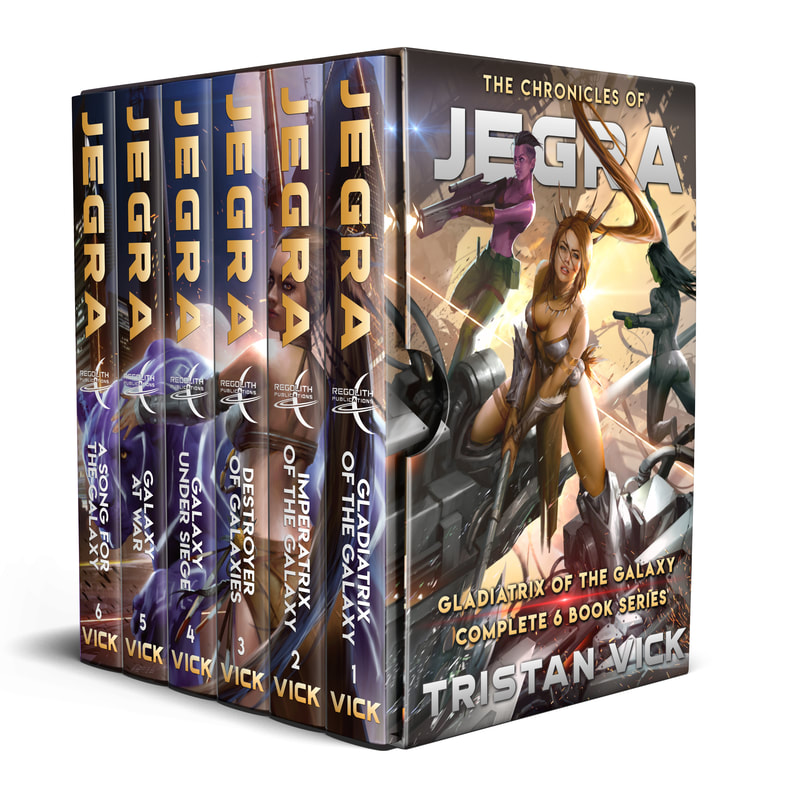
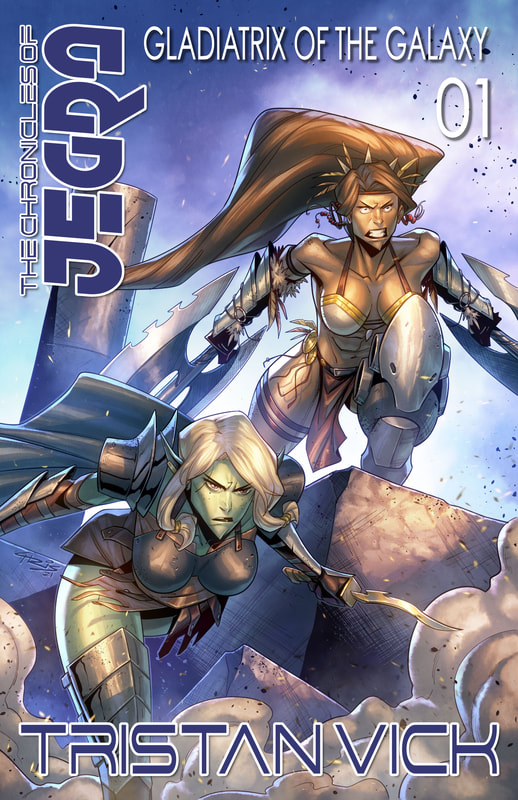
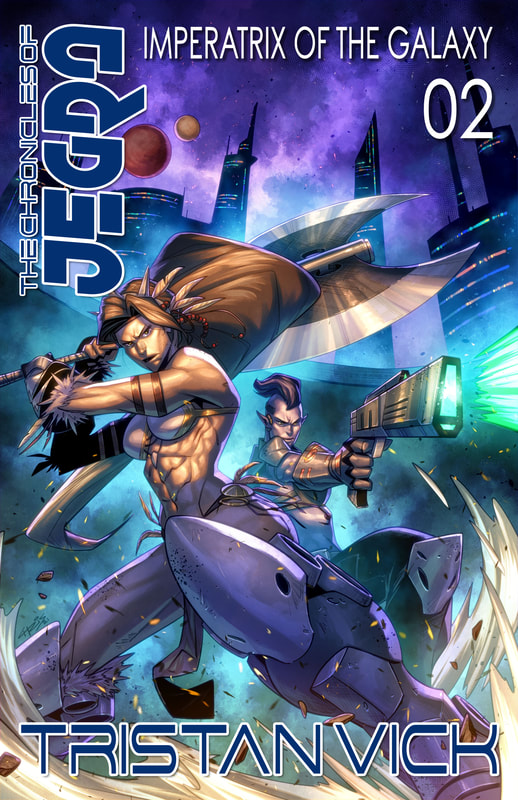
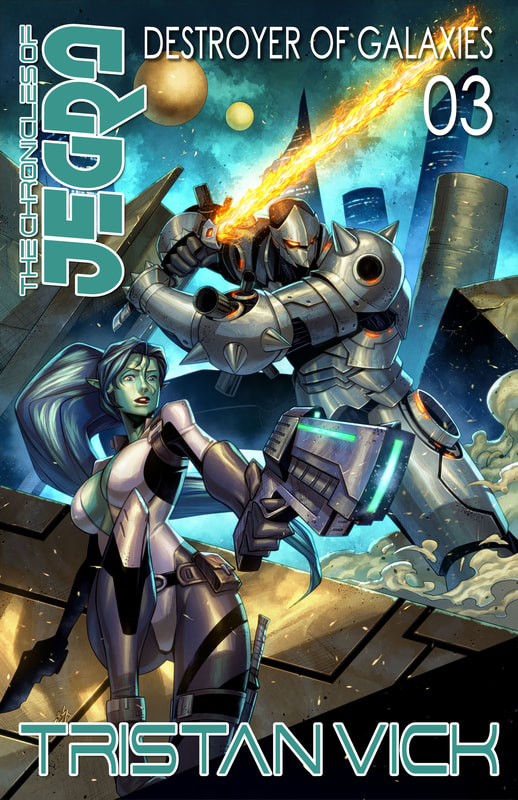
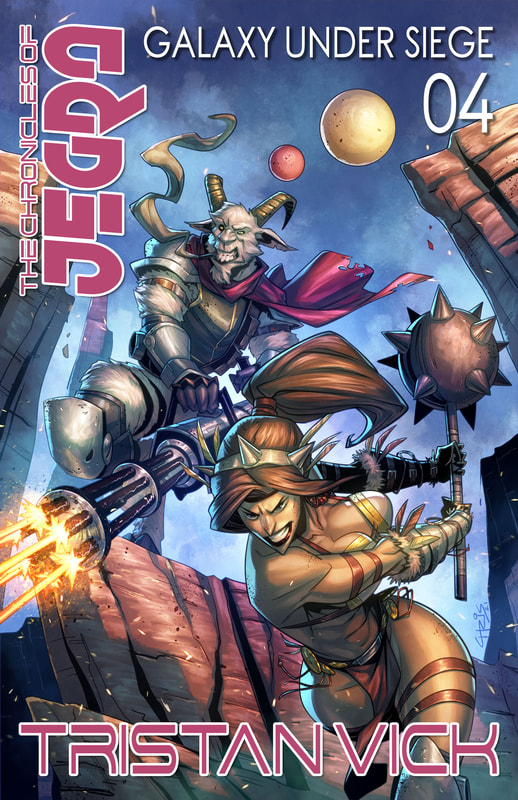
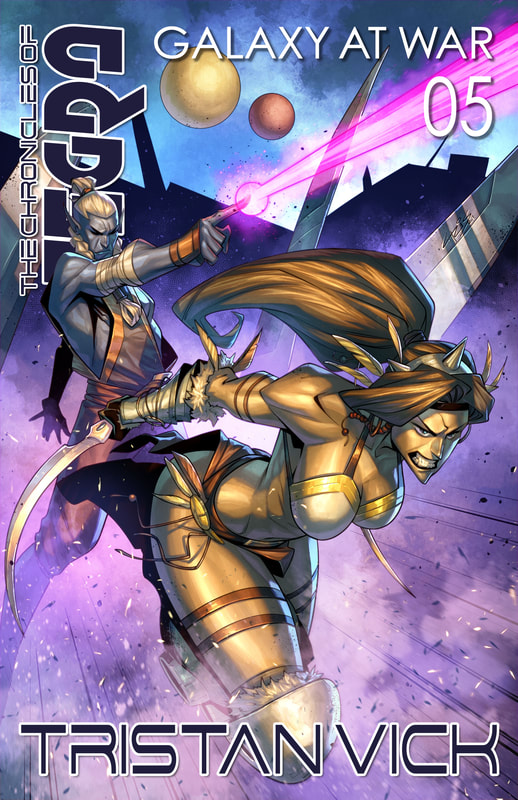
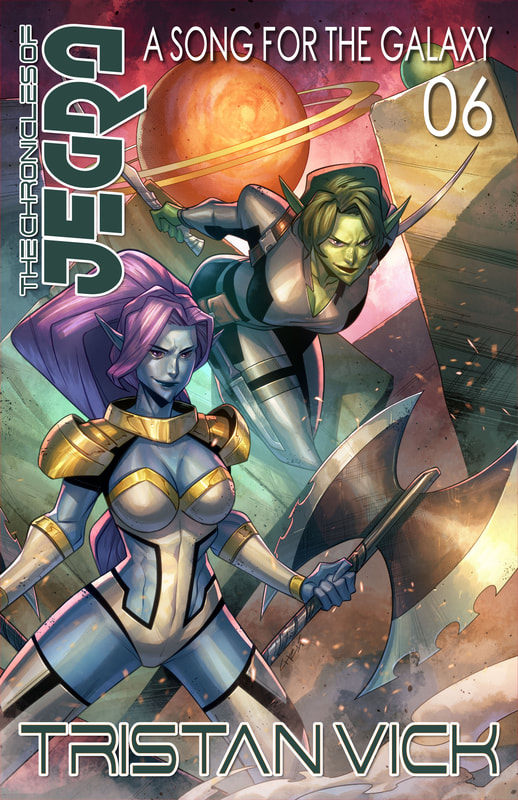
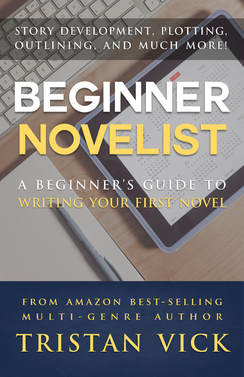
 RSS Feed
RSS Feed
